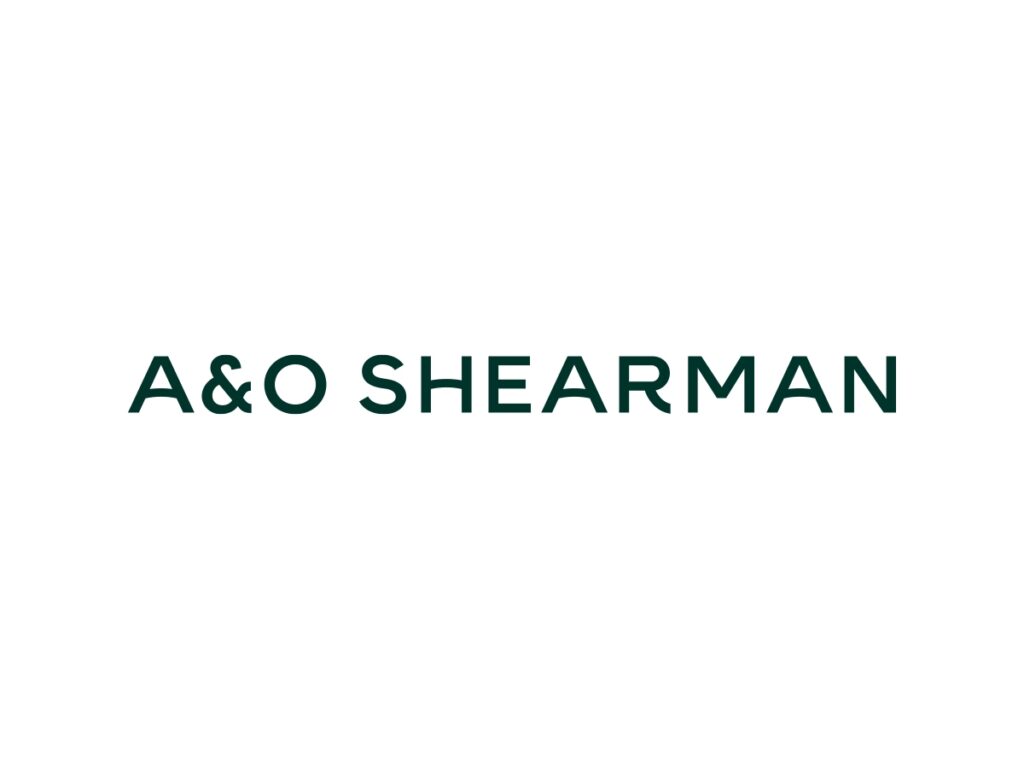On June 10, 2024, Judge Stanley R. Chesler of the United States District Court for the District of New Jersey granted the Amneal defendants’ motion for partial judgment on their counterclaims in a Hatch-Waxman dispute, and ordered the Teva plaintiffs to delist certain inhaler patents from the Orange Book. Teva Branded Pharmaceutical Products R&D, Inc. v. Amneal Pharmaceuticals of New York, LLC, No. 23-cv-20964 (SRC) __ F. Supp. 3d __ (D.N.J. June 10, 2024).
Teva Branded Pharmaceutical Products R&D, Inc., Norton (Waterford) Ltd., and Teva Pharmaceuticals USA, Inc. (collectively, “Teva”) own approved New Drug Application (“NDA”) No. 021457 for an inhaler called ProAir® HFA (albuterol sulfate) Inhalation Aerosol (the “ProAir® HFA inhaler”). Several of Teva’s patents that purport to cover the ProAir® HFA inhalers are listed in the Orange Book, which is a publication of the Food and Drug Administration (“FDA”) that, inter alia, identifies drug products approved on the basis of safety and effectiveness and contains other information about the drugs, such as what patents cover the drugs, exclusivity information, etc. (The FDA does not directly police the Orange Book; its function in administering the Orange Book is merely ministerial.)
Amneal Pharmaceuticals of New York, LLC, Amneal Ireland Limited, Amneal Pharmaceuticals LLC, and Amneal Pharmaceuticals Inc. (collectively, “Amneal”) had filed an Abbreviated New Drug Application (“ANDA”) No. 211600, seeking to make and sell a generic version of the ProAir® HFA inhaler.
After Amneal provided notice to Teva of its intent to make and sell a generic version of the ProAir® HFA inhaler, Teva filed suit against Amneal, asserting infringement of the following “Inhaler Patents” listed in the Orange Book: U.S. Patent Nos. 8,132,712, 9,463,289, 9,808,587, 10,561,808, and 11,395,889. In response to Teva’s infringement claims, Amneal asserted counterclaims that, inter alia, alleged antitrust violations and sought declarations ordering Teva to delist the Inhaler Patents from the Orange Book, arguing that the Listing Statute, 21 U.S.C. § 355, does not authorize the listing of Teva’s Inhaler Patents in the Orange Book. Teva moved to dismiss these counterclaims, arguing, inter alia, that there is no such cognizable counterclaim for the delisting of patents, and Amneal moved for partial judgment on the pleadings as to its delisting counterclaims.
21 U.S.C. § 355(b)(1)(A)(viii) provides that three types of patents are eligible for listing in the Orange Book: “substance patents, drug product patents, and method of use patents.” Of note, in September 2023, the Federal Trade Commission (“FTC”) issued a policy statement that, in essence, warned companies not to abuse the system by improperly listing patents in the Orange Book. (The FTC filed an amicus brief urging the Court to delist Teva’s Inhaler Patents.)
In analyzing the parties’ arguments, the district court first disposed of Teva’s motion to dismiss Amneal’s counterclaims, finding that such counterclaims were cognizable, and rejecting Teva’s argument that this case is analogous to Verizon Communs., Inc. v. Law Offices of Curtis V. Trinko, LLP, 540 U.S. 398 (2004), in which the Supreme Court held that allegations of a breach of certain provisions of the Telecommunications Act of 1996 did not state a claim under antitrust law.
The district court then addressed Amneal’s motion for partial judgment on the pleadings. In opposing Amneal’s motion, Teva asserted that the Inhaler Patents are properly listed as “drug product patents” under § 355(b)(1)(A)(viii)(I), which requires that the patent: (1) “claim[] the drug for which the applicant submitted the application” and (2) be directed to a drug substance or a drug product. The district court found that the dispute turned on the interpretation of the former. According to the FDA, the drug for which Teva submitted the NDA is “albuterol sulfate HFA Inhalation Aerosol.” But despite the subject of the NDA being albuterol sulfate HFA Inhalation Aerosol, the district court found that none of the claims in the Inhaler Patents are actually directed to albuterol sulfate—the active ingredient at issue—but instead are directed to inhaler device technology. The district court then rejected Teva’s argument that the term “drug,” as used in the statute, should be interpreted broadly, such that a drug merely need fall within the scope of the claim in question. Rather, as the district court explained, the statutory requirement is that the patent claim the drug itself for which the applicant submitted the application. Here, “because the Inhaler Patents plainly do not regard an ‘albuterol sulfate HFA Inhalation Aerosol’ as that which was invented, they do not claim the drug for which the applicant [Teva] submitted the NDA application.”
The district court therefore granted partial judgment as a matter of law on Amneal’s delisting counterclaims, ordering Teva to delist the Inhaler Patents from the Orange Book.
On June 11, 2024, Teva appealed to the United States Court of Appeals for the Federal Circuit (“CAFC”) and notified the district court that it intended to seek a stay pending appeal.
On June 13, 2024, Judge Chesler ordered a 30-day stay of his ruling to provide time for the CAFC to rule on Teva’s request for a stay.
Links & Downloads
[View source.]
